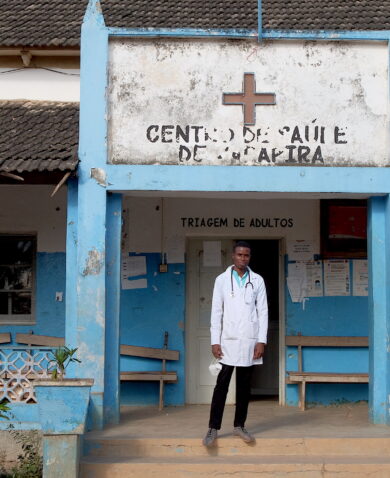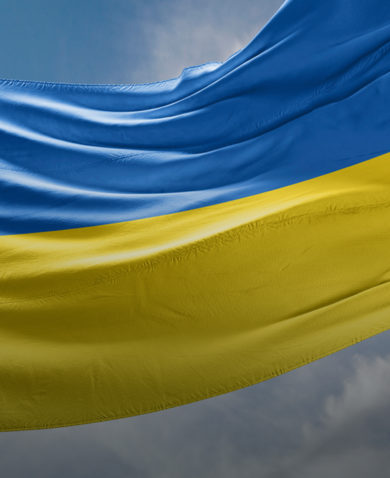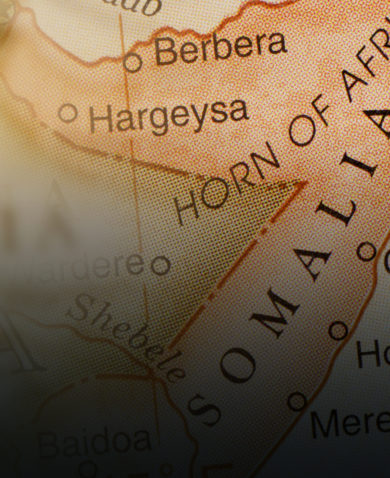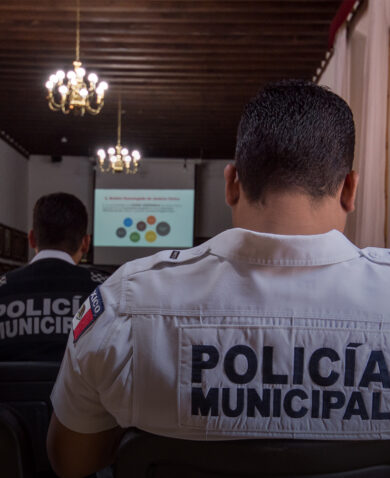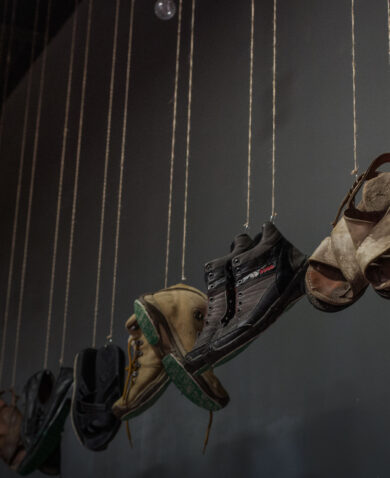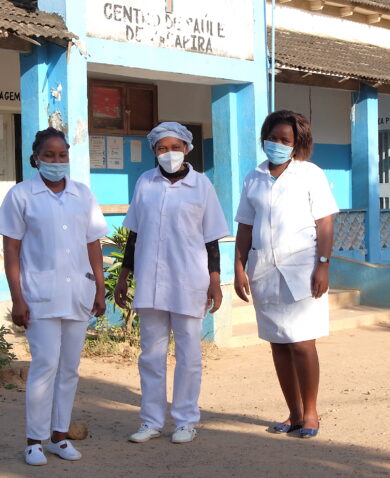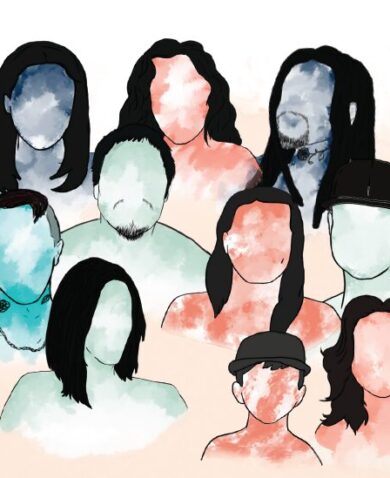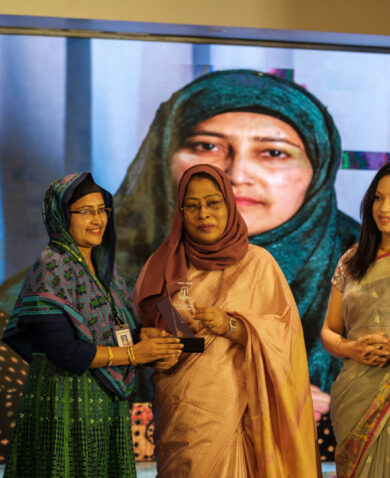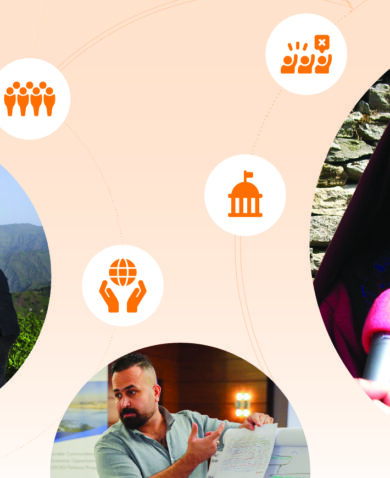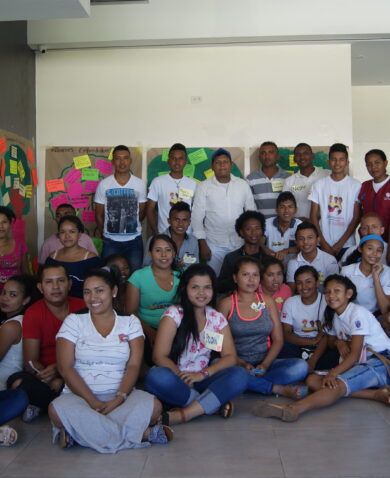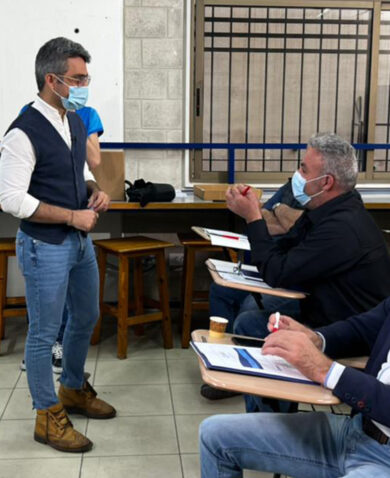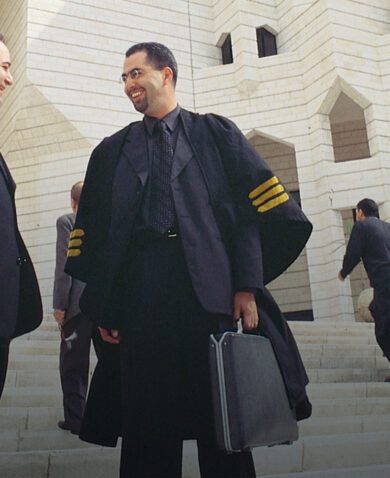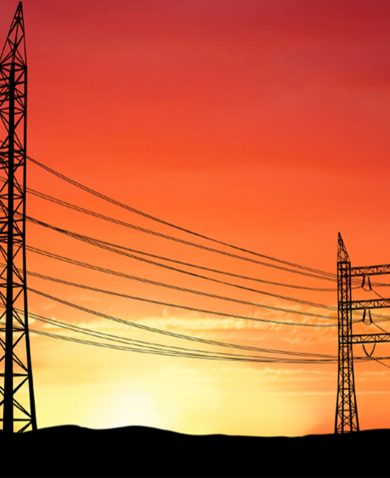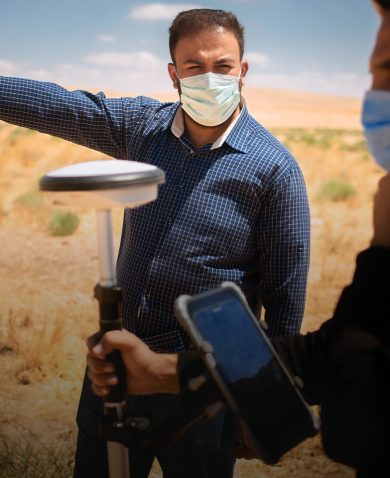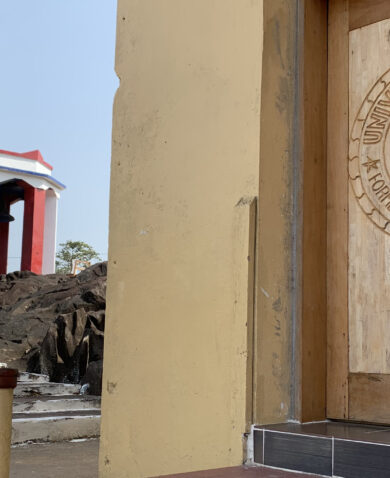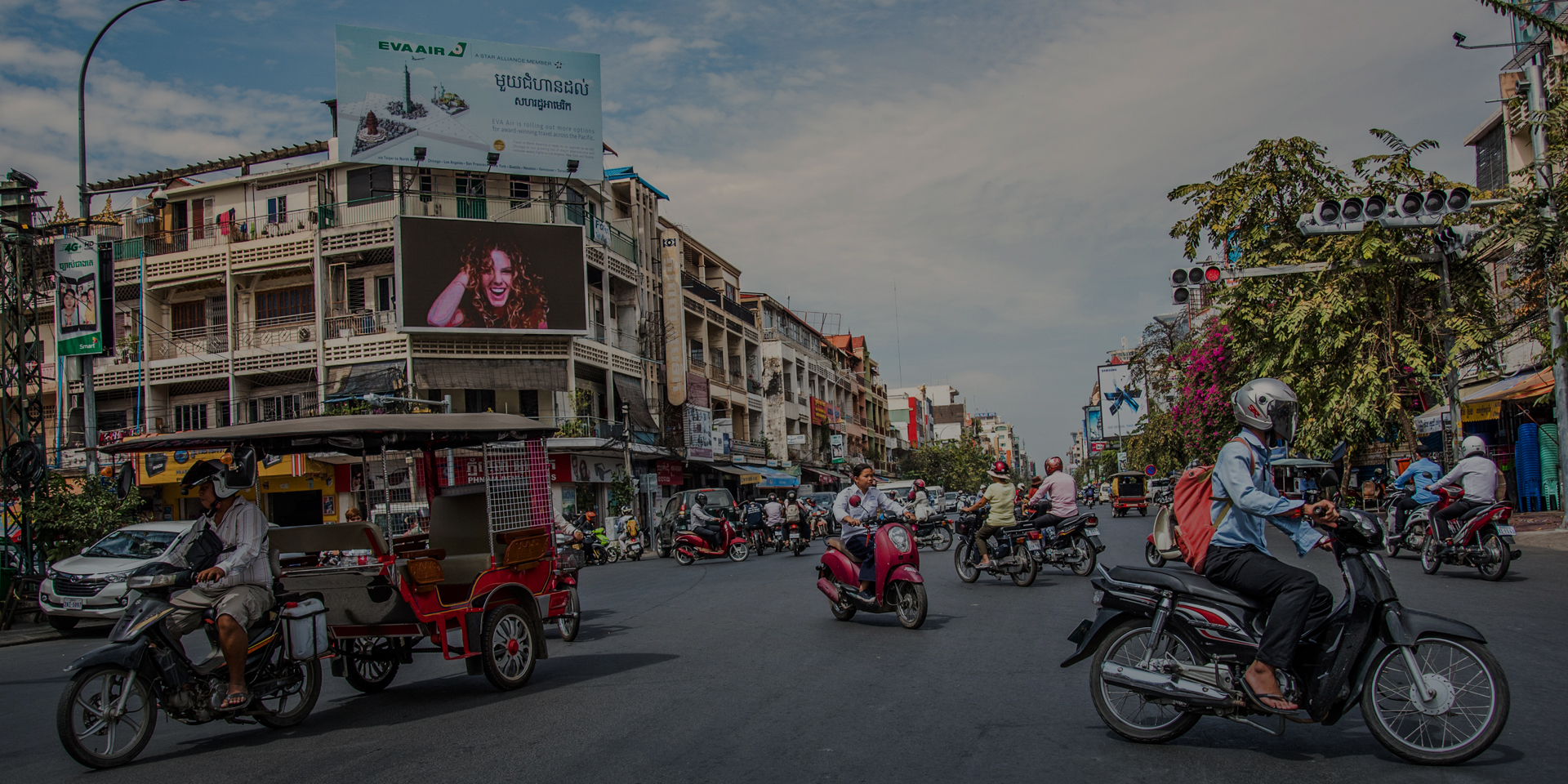
Cambodia’s Shrinking Space for Civil Society and the Role of Donors
January 20, 2016 | 4 Minute ReadCivil society expert Morana Krajnovic discusses how donors can adapt to a controversial new law in Cambodia that critics say restricts civil society.
When conducting a preliminary analysis of civil society capacity in Cambodia in September 2015, there was one topic that dominated all my meetings and interviews: the new Law on Associations and Non-Governmental Organizations (also called LANGO). Everyone, from donors to international NGOs and local civil society organizations (CSOs), were sharing their concern about how LANGO would curtail the ability of civil society to do its work. The Cambodian Center for Human Rights described it as containing “deeply worrisome provisions with regard to the imposition of mandatory registration, as well as onerous registration requirements, reporting obligations, and broad and vague grounds for denial of registration and deregistration.”
A global trend in a local context
It all sounded too familiar. Around the world, governments are strategically, incrementally using a variety of tools to restrict, curtail, or prevent the right of citizens to organize for any purpose, whether to advocate for their interests or to meet civic and community needs. This concept of “closing spaces,” described by Carothers and Brechenmacher as a phenomenon happening globally, isn’t new. In fact, the trend has become so pervasive that experts have even been able to identify patterns of restriction that are common across the globe. According to data from the International Center for Not-for-Profit Law (ICNL), “between 2004 and 2010, more than 50 countries considered or enacted measures restricting civil society.” ICNL has assessed Cambodia’s legal environment as “not enabling” for civil society, creating additional barriers with cumbersome and complicated registration requirements.
There are an estimated 25,000 community-based groups in Cambodia, most of them unregistered. Despite repeated statements from the government that such groups are exempt from the registration requirements, critics of LANGO are concerned that local authorities will abuse the law. Indeed, in one widely reported case, local police in Kratie’s Snuol district tried to stop the activities of a group of 71 families advocating for their land rights. The police claimed that the group needed to register.
Besides registration barriers linked to LANGO, Cambodian CSOs are increasingly facing difficulties in doing their work, particularly at the local level. If they are conducting activities in a province other than where they are registered, they need to inform the local authorities about it five days in advance. Their meetings are often monitored by local authorities and police officers, and there are growing reports of harassment, threats, and arrests of activists. Recent examples include the arrest of Areng Valley activists objecting the Areng hydroelectric dam project and Mother Nature’s activists who were protesting sand dredging activities in Koh Kong.
How donors should (and should not) respond
While globally there is a need for increased diplomacy and advocacy efforts within international frameworks such as the United Nations, international donors and the development community can also find ways to support a resilient, diverse civil society on the ground in Cambodia—if we can adjust to these new challenges.
Organizational development that focuses on helping CSOs build the financial, management, and governance systems that make them more accountable, consistent, and reliable has been a central part of many donor efforts to support a vibrant civil society and active civic space. Indeed, when organizations have better systems, manage their projects and staff better, allow for better oversight on how their money is spent, and have strong reporting, it is easier to document and communicate success (failures remain rarely mentioned).
Having worked in with CSOs for more than 15 years in many different countries, I have seen how organizational development can have wonderful results, but I have also seen how even something as crucial as supporting the professionalization of the CSO sector can have unintended consequences. As CSOs become more accountable to their donors, they become less fluent in speaking the language of their constituencies and often lose touch with citizens and the people they serve and whose interests they aim to protect. As their project and financial management systems become stronger, they also become more bureaucratic, something that many activists in Cambodia are already lamenting. When this happens across a sector, it becomes easier for governments to close the space for civic activism by using legislative and regulatory tools to restrict CSOs — public outcry against restricting CSOs is unlikely when those CSOs are disconnected from their constituencies.
Cambodia’s unique and tragic history of war and genocide has skewed the population. Many civil society leaders are from an older generation, yet 68 percent of the population is 30 years old or younger. While many young people worry about their economic prospects, employment opportunities, and safe migration, only a small number of CSOs are active in these fields. While CSOs working outside of Phnom Penh are assumed to have better connections with their constituents, there is criticism of a disconnect there too. People in rural areas often feel that CSOs are more interested in the views of local councils than their own, or they complain that CSOs often push them to be more confrontational against local authorities than they feel comfortable.
Facing these challenges, there are reports that some donors are already adjusting their approaches in Cambodia and hopefully more will join by doing the following:
- Supporting human rights defenders and those advocating for the improved legal environment to do policy work that is based on research and arguments.
- Broadening organizational development to include not only internal systems but also capacity building for CSOs to relate to the larger ecosystem (other CSOs, policy-makers, funders, communities, etc.) affected by the CSOs’ activities.
- Endorsing existing accountability tools, such as the Voluntary Certification System implemented by the Cooperation Committee for Cambodia, aimed at promoting accountability and good government within the NGO sector in Cambodia. (Yet it is important to recognize that this tool it is not appropriate for all organizations and should not be mandatory. Requiring it could make access to funding even more restrictive for smaller organizations that cannot meet the certification system requirements.)
- Finding appropriate ways to support indigenous, grassroots initiatives without forcing them to formalize. We should enable community groups to remain non-formal if they wish and help them to better advocate for their causes.
Unfortunately, in countries where civic space is more restrictive than in Cambodia, I have seen donors and CSOs alike adjusting by toning down their approach and refraining from doing anything that could potentially upset the authorities. While this is understandable, and is a form of self-preservation, it is also a fast-track to silencing civil society — more efficient than restrictive government measures would ever achieve. Cambodian civil society is vocal and has a history of not accepting to be silenced. I hope they will not go down that path.
When I talked to Ou Virak, civic activist and founder of the Future Forum, he said something that really resonated with me: “Civic space isn’t going to shrink if we (Cambodians) don’t let it shrink. Citizens need to be the ones driving it, not donors.”







